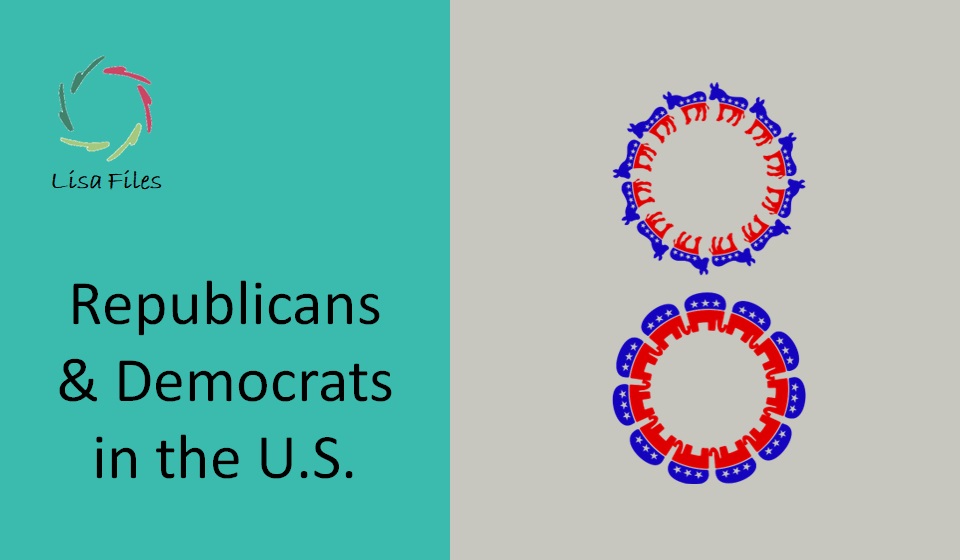Politics: Left, Right, Up, Down

We see a lot of confusion in present-day politics. This may indicate the need for a fundamental shift in direction, not of some party or system but of the very idea of politics itself.
What is left and right in politics, tends to change a lot
especially over a number of decennia.
At present, one can see in it a dichotomy between ‘progressive’ versus ‘conservative’. In a more abstract view however, in different eras and countries, ‘conservative’ may be either very left in a communist regime or very right in a fascist regime. Not to speak of a fascistically communist regime. Taking a very broad view, left/right has little to do with the degree of progressiveness.
Following the money?
Perhaps most of all in the US, left and right are apparently both where the money is. Or is it vice versa?
Two ways to manage one’s own empathy
This is yet another way of looking at left/right:
- Right is more an orientation of empathy to one’s own mental subgroup.
- Left brings a broader orientation: inclusive, universal human rights oriented…
This, provided that one looks at people in both groups with the same dose of empathy. How to truly measure this remains a mystery, yet it’s a workable idea.
Well then… identity politics, being a ‘leftist phenomenon’, already makes this division problematic since it should be precisely a very rightist phenomenon as to empathic orientation. Moreover, again in different eras and countries, empathic orientation has shifted a lot between left and right.
Still on the lookout for what left and right are really about…
Some see the division mainly in morality
At present, Jonathan Haidt is specifically notorious in this regard. He sees ‘the left’ as mainly focused on human-to-human caring, while ‘the right’ is focused on more ethical dimensions than this, including authority, loyalty, respect.
Well then… are these additional moral incentives from the right of any importance to anyone, eventually, apart from being instrumental towards human-to-human caring? According to me, they are not. They’re intermediates.
Unless: they can be self-important if one doesn’t think / feel / perceive through them. This is: being stuck in a superficial layer.
Thus, we come to a fundamentally other ‘politics’ which, according to me, is truly important:
The ‘politics’ of superficiality versus totality
As in this blog’s title: ‘up versus down’ translates itself to ‘superficial versus deep’, where actually ‘deep’ is better seen as ‘total’, including ‘superficial’.
(Not vice versa.)
I agree: to make this division ‘operational’ in politics is no easy job. Yet I’m convinced that the future will see it happen. Moreover, a lot can be done already now. Needed are daring people.
In other terminology, this is about conceptual versus subconceptual.
[see: ‘About Concepts’, ‘About ‘Subconceptual’]
The difference lies mainly in the degree to which one wants to take into account the subconceptual. According to me, both ends of the spectrum – when seen as exclusive to the other end – are inhumane and unworkable. A synthesis is appropriate. Still, another way to put the relevant distinction more precisely:
exclusive rationality versus rationality + poetry.
Here, the AURELIS choice becomes clear: [see: ‘AURELIS USP: ‘100% Rationality, 100% Depth’]. Moreover, I don’t see ‘exclusive rationality’ as being rational. It is pseudo.
Take both together and rationality will surge.
Will AURELIS ever be a political force?
One never knows… In any case, I just noted what it would stand for. And I do think that, with or without AURELIS, this is what politics will be about one day.
So, will poetry change the world? Absolutely.
It will itself BE THE CHANGE inasmuch as it stands for ‘depth’.


